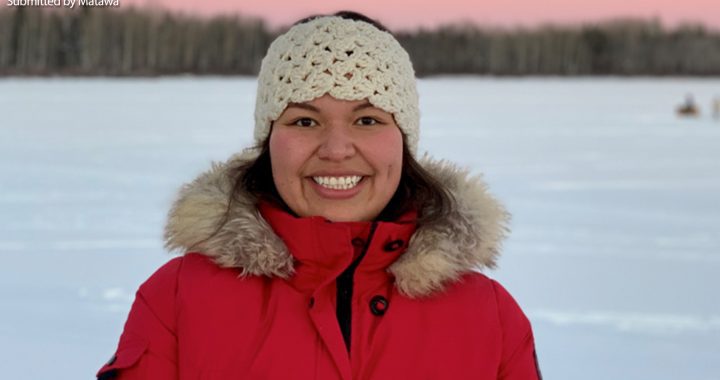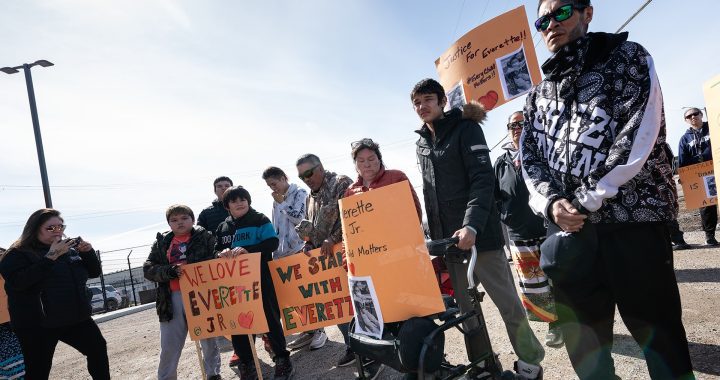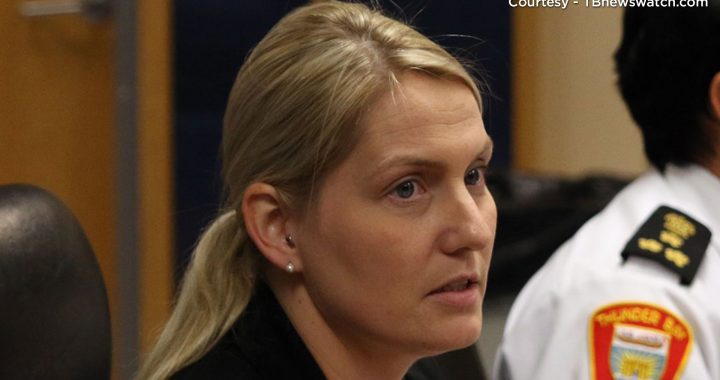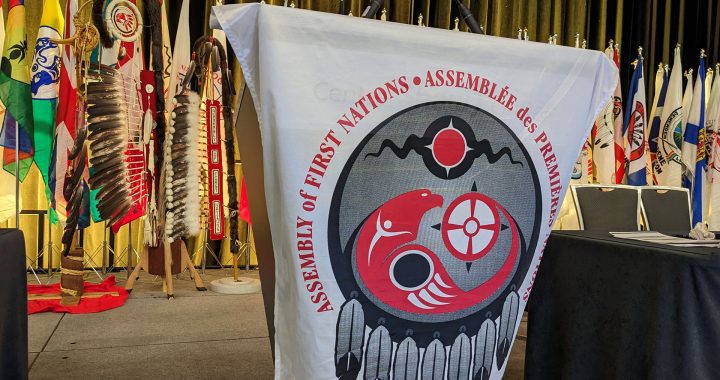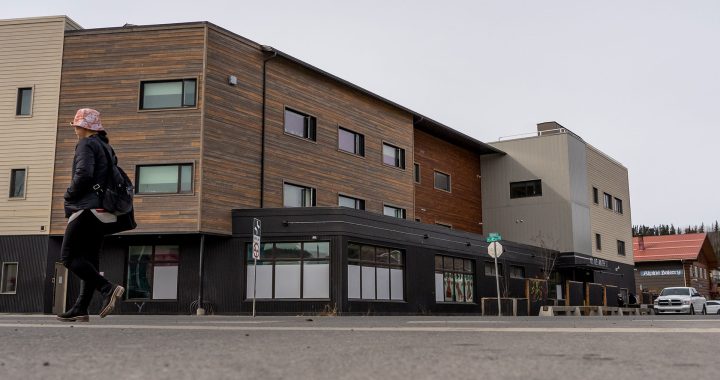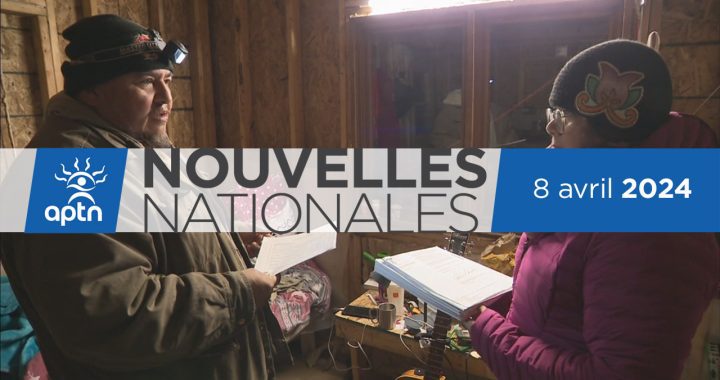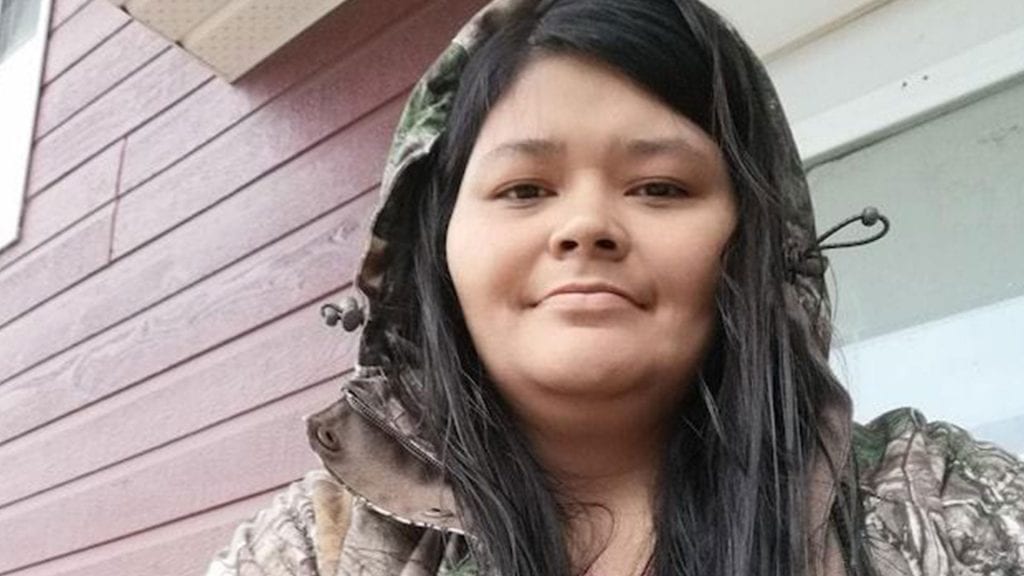
Quebec's chief coroner says an inquest, in which the circumstances around Echaquan's death will become public, likely won't be held until 2021.
Joyce Echaquan was 37 years old, a mother of seven and a member of the Atikamekw Nation from Manawan.
On Sept. 28, Echaquan live-streamed the moments before her death on Facebook.
This video shows at least one nurse and a health care attendant taunting her with insults moments before her death.
How did she die?
We don’t know for sure – yet.
Autopsy results have not been released.
Echaquan was in hospital seeking treatment for stomach issues and reportedly had a history of heart problems.
In the video, she expresses in Atikamekw that she’s concerned about being given medication she is allergic to and reportedly had concerns she was being over-medicated.
You can read and watch all past APTN News stories here: Joyce Echaquan
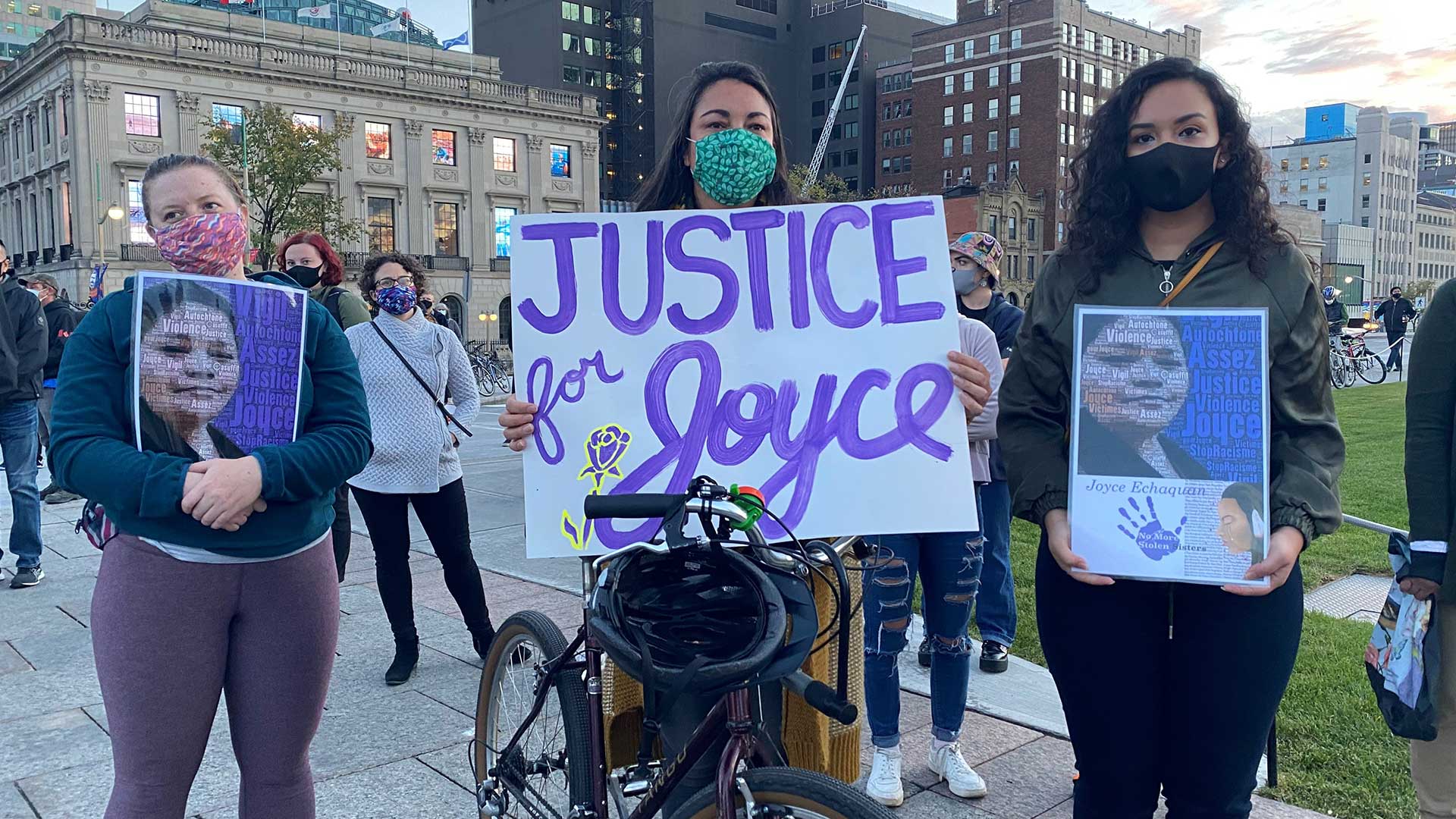
Coroner for the Lanaudière region is André Cantin who was initially charged with the investigation.
On Oct. 3, the province asked the chief coroner to hold an inquest into Echaquan’s death.
Chief Coroner Pascale Descary obliged on Oct. 6 and formally ordered the inquest, which Montreal coroner Géhane Kamel is now tasked with leading.
A date has not been set for the hearings, which will likely take place in 2021.
What is a coroner’s inquest?
Under the province’s Coroners Act, an inquest becomes mandatory if a coroner’s initial investigation suggests a death could have occurred from violence, negligent or culpable conduct of a third person.
The attorney general can also instruct the coroner to hold an inquest at any time.
A coroner’s inquest is a judicial public inquiry that examines the facts and circumstances surrounding a death.
These inquests take places in court rooms in front of a coroner’s jury where ordinary rules of evidence in criminal matters apply but are limited to mainly fact-finding.
The coroner’s jury does not determine guilt or lay blame. According to the head coroner in Quebec, only eight to ten per cent of inquests result in recommendations.
Coroners cannot hold and must pause an inquest if a person has been accused to an indictable offense related to the death.
The coroner will have to wait for any criminal proceedings to be resolved before holding the inquest.
How is it different from a provincial public inquiry?
A coroner’s inquest has a much more limited mandate than a provincial commission of inquiry.
Quebec had a provincial judicial inquiry, which is known as the Viens Commission, that dealt with issues similar to the Joyce Echaquan case.
Announced by Premier Philippe Couillard in 2016, here is how Quebec described the inquiry:
“Following events that have revealed, for instance, the possibility of discriminatory practices toward Aboriginals in the delivery of public services in Québec, and beyond specific facts concerning individual cases, the government and Aboriginal officials have agreed that there was a need to shed a global light on the systemic issues inherent to the relationship between Aboriginals and stakeholders of certain public services in Québec.
“The Government of Québec has expressed its desire to identify the underlying causes of all forms of violence, systemic discrimination and differential treatment toward Aboriginals that may be exist with the delivery of certain public services in Québec.”
Justice Jacque Viens travelled across the province gathering evidence and hearing testimony.
In its final report released last year, the commission offered Quebec 142 recommendations, styled as “calls for action,” to address institutional racism.
Calls to action No. 74-107 dealt directly with reforming health and social services.
No. 81, for example, urged lawmakers to “make the development of culturally appropriate spaces for Indigenous nations a priority in public health institutions, particularly in regions where there is a substantial Indigenous population.”
Read the full report here: Public Inquiry Commission on relations between Indigenous Peoples and certain public services in Québec: listening, reconciliation and progress
Where is Manawan?
Echaquan’s community of Manawan is a 772 hectare reserve formally called the Conseil des Atikamekw de Manawan.
The community has 2,516 residents and a membership of 2,983, according to government data.
The community is accessible by road but is far from the nearest urban centres. It’s approximately 200 km north of Joliette, 250 km north of Montreal and 200 km west of the City of La Tuque.
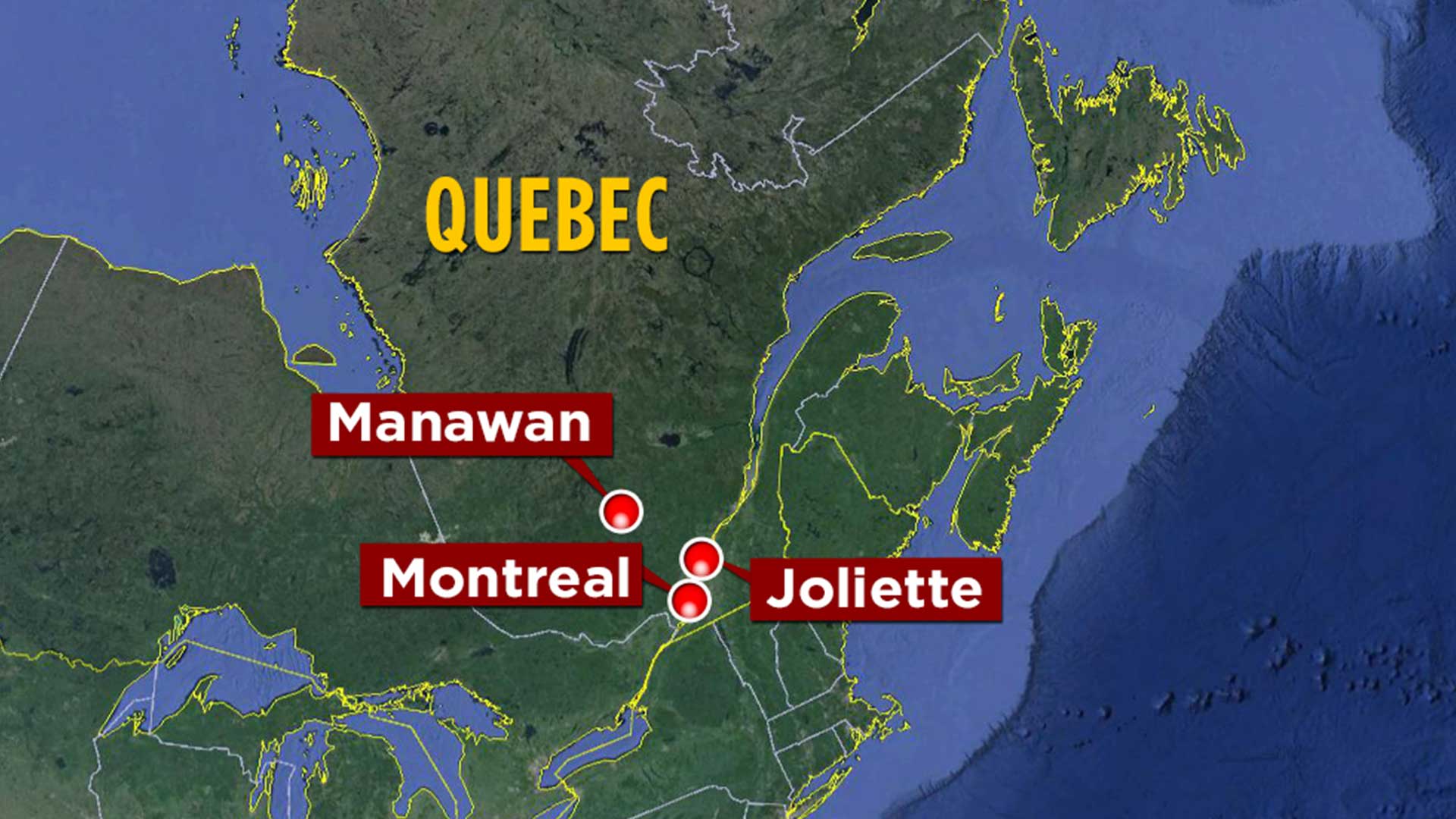
Many First Nations communities across the country only have nursing stations run by the federal government through the First Nations and Inuit Health Branch of Indigenous Services Canada.
Lack of hospitals or even access to primary care and family doctors on reserves often forces Indigenous people to travel long distances from their communities to access health-care services in the closest major urban centres, such as Joliette.
Who are the Atikamekw?
Like the Cree, Algonquin, Innu and others, the Atikamekw people are an Indigenous nation who occupied and thrived on their traditional territory well before settlers arrived in lands now called Quebec.
The Atikamekw, according to oral traditional, are related to the larger Anishinaabe group of nations and many still speak the Atikamekw language.
Their traditional territory is in central Quebec: north of Mohawk territory, south of Cree and Inuit territories, east of Algonquin territory and west of Innu lands.
Who’s responsible?
A nurse and an orderly have been fired.
The Echaquan family say it is planning on suing the hospital in Joliette, which would include all the implicated health-care workers.
The nurses involved have not lost their licences and therefore retain their ability to practice.
On Sept. 30, the body that dispenses nursing licenses in Quebec said the facts of the case are “disturbing and deplorable.”
The licensing body said it has a “multitude of tools enabling it to intervene,” and while informed of the situation, “has a duty of secrecy in order not to interfere with the investigation.”
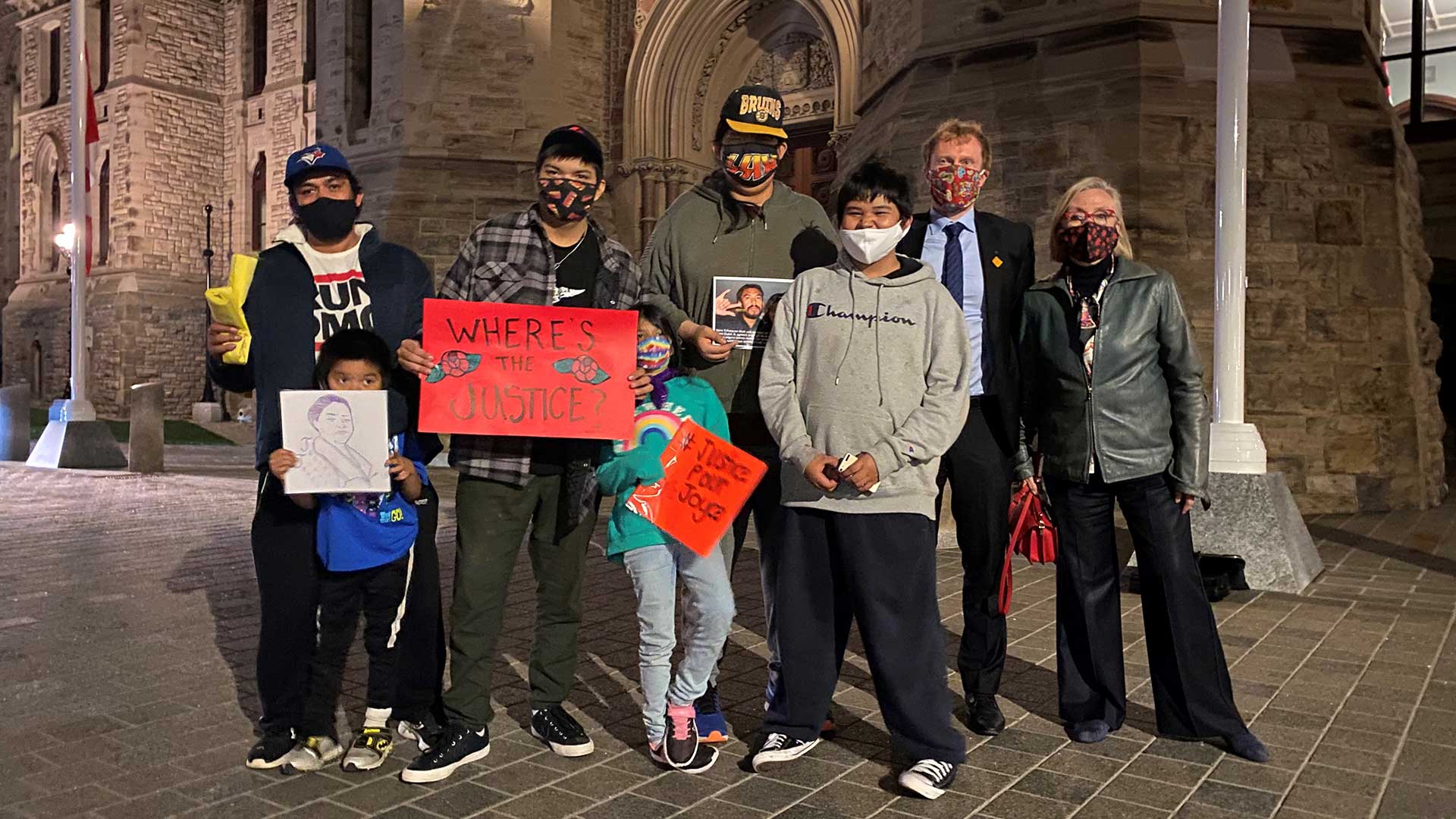
But many are pointing fingers at governments too.
Health-care is under provincial jurisdiction and Premier Francois Legault has been under pressure to recognize and denounce systemic racism.
So far, he’s resisted.
Echaquan’s family also visited Ottawa on Oct. 1, where they pleaded for action with ministers Carolyn Bennett and Marc Miller to find answers to why Echaquan died.
The federal government is responsible for providing health care on reserves such as Manawan.
Will there be charges?
Many advocates want criminal charges laid.
The president of the Indigenous Bar Association told APTN that the facts surrounding Echaquan’s death lend themselves to a criminal investigation.
“There’s a large question about whether her death could have been prevented,” said Drew Lafond.
A criminal investigation has not been announced so far.
Whether police lay charges likely hinges on the preliminary findings of the coroner’s investigation.




